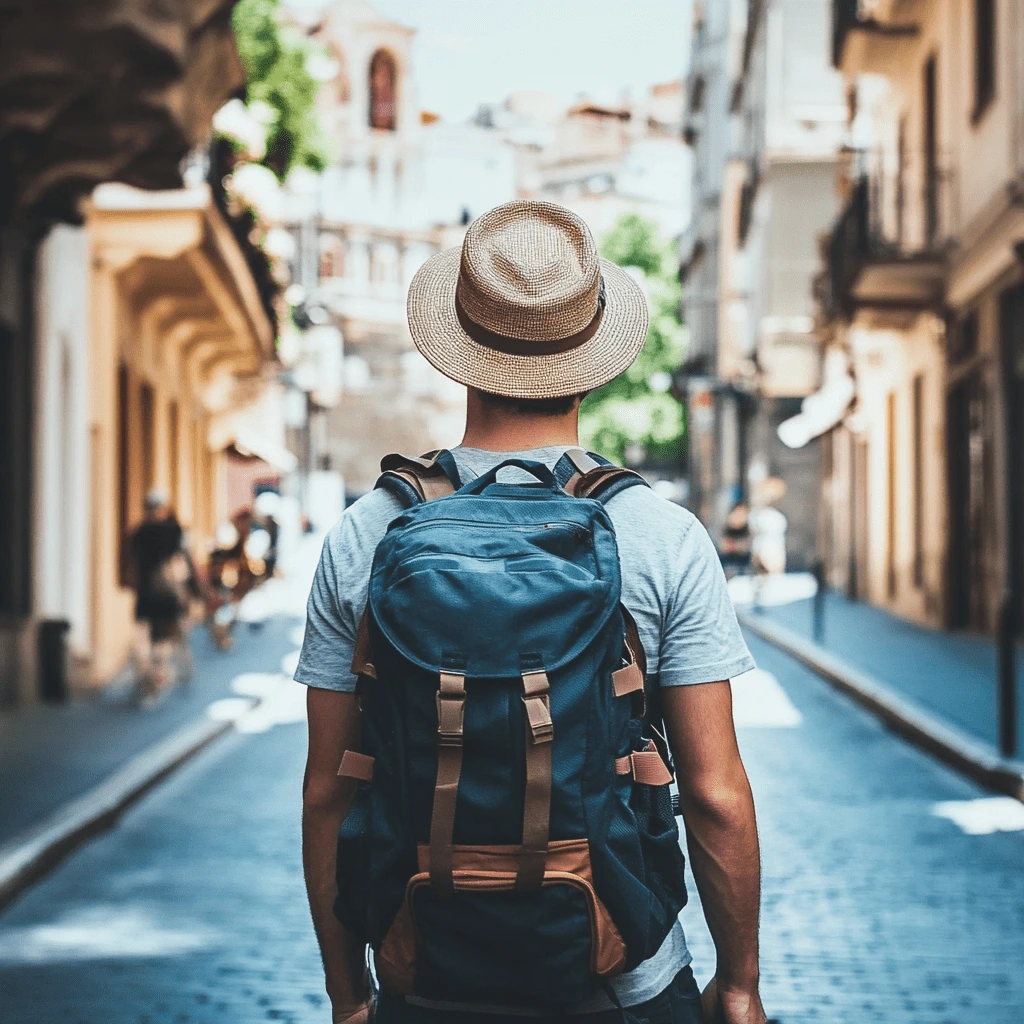Traveling opens up new horizons, offering adventures, learning opportunities, and the chance to create unforgettable memories. However, staying safe while exploring unfamiliar places is crucial to ensuring that your journey remains enjoyable and stress-free. In this guide, we’ll cover the top travel safety tips every traveler needs to know, so you can confidently embark on your next adventure.
Travel Safety Basics Every Traveler Should Know
Research Your Destination Thoroughly
Take time before your trip to thoroughly research your destination. Understanding the local culture, customs, and safety measures will prepare you for a smoother journey. Look up crime rates, common scams, and areas to avoid. Take the time to understand the local laws and regulations to avoid accidental breaches. Also, review travel advisories from trusted sources like the U.S. Department of State or the World Health Organization (WHO) for up-to-date health and safety information.
Keep Essential Documents Safe
Misplacing your passport or essential travel documents can severely disrupt your journey. Make photocopies of essential documents like your passport, visa, travel insurance, and driver’s license. Store the copies separately from the originals and save digital backups in secure cloud storage. Use waterproof pouches or money belts to protect these documents from theft or damage.
Share Your Travel Plans
Before departing, ensure you share your travel itinerary with a trusted friend or family member. Provide key details, including your flight schedule, hotel locations, and planned check-in times. This allows someone to track your whereabouts in case of unexpected situations. Additionally, consider enrolling in the Smart Traveler Enrollment Program (STEP) to receive safety alerts and make it easier for the local embassy to assist you if needed.
How to Stay Safe in Crowded Tourist Spots
Avoid Common Scams
Tourist hotspots are often magnets for scammers. Stay vigilant for common tricks such as fake tour guides, distraction thefts, or overpriced souvenirs. A good rule of thumb is to research popular scams in your destination beforehand and always trust your instincts.
Keep Your Belongings Secure
Pickpocketing is a prevalent issue in crowded areas. Invest in anti-theft backpacks, crossbody bags with secure zippers, or money belts to keep your valuables safe. Always keep an eye on your belongings, especially in busy marketplaces or on public transportation.
Blend In With Locals
Drawing attention to yourself as a tourist may increase your risk of being targeted by theft or scams. Dress modestly and avoid wearing expensive jewelry or flashy accessories. Learn a few local phrases to navigate situations more confidently and blend in with the crowd.
Securing Your Belongings While Traveling
Invest in Travel Safety Gear
High-quality travel gear can significantly reduce your risk of theft. TSA-approved locks, RFID-blocking wallets, and portable safes are excellent investments. For tech-savvy travelers, consider using a VPN to secure your internet connection when accessing public Wi-Fi networks.
Back Up Your Data
Losing your phone or laptop can result in the loss of essential travel information. Make it a habit to back up your data to a reliable cloud service or an external storage device. Store digital copies of your itinerary, booking confirmations, and emergency contacts to ensure you’re always prepared.
Split Your Valuables
Avoid putting all your eggs in one basket. Distribute your cash, cards, and identification between your luggage, wallet, and hidden compartments. This strategy minimizes the impact of losing one item and ensures you have backups.
Staying Safe as a Solo Traveler
Trust Your Instincts
Your intuition is a powerful safety tool. If you ever feel uneasy about a situation or person, listen to your instincts and remove yourself from the environment. It’s always wiser to be cautious than to regret disregarding warning signs.
Choose Accommodations Wisely
Stay in well-reviewed accommodations located in safe neighborhoods. Look for hotels or hostels with security measures like 24-hour front desk service, secure entry systems, and lockers for valuables. Avoid rooms on the ground floor, as they can be more vulnerable to break-ins.
Be Selective About Sharing Details
Avoid oversharing your travel plans or personal information with strangers. Be cautious about updating your location in real-time on social media platforms, as this could expose you to unnecessary risks. Adjust your privacy settings to limit who can view your posts and updates.
Handling Emergencies Abroad
Know Emergency Contact Numbers
Before you arrive at your destination, save important contact numbers on your phone and keep a written copy as a backup. This should include local emergency services, your country’s embassy or consulate, and your travel insurance provider. Apps like TravelSafe can also provide quick access to emergency contacts.
Prepare for Medical Emergencies
Carry a basic first-aid kit with essentials like band-aids, antiseptic wipes, pain relievers, and any prescription medications you require. Research nearby hospitals, clinics, and pharmacies in case you need medical assistance. Make sure your travel insurance includes coverage for medical emergencies, such as evacuation if required.
Report Lost or Stolen Items Quickly
If your belongings are stolen, file a police report immediately. This document is often required for insurance claims or replacing your passport. Contact your bank to freeze stolen cards and arrange replacements. Ensure you have an emergency fund readily available to handle unforeseen expenses during your trip.
Avoiding Common Travel Scams
Recognizing Red Flags
Scams can take many forms, from “friendly” locals offering unsolicited help to fake charities or rigged taxi meters. Research common scams in your destination and remain skeptical of deals that seem too good to be true. Trust your instincts and stay alert.
Staying Firm in Negotiations
In markets or with street vendors, haggling is common but can sometimes lead to pressure tactics. Decide on a maximum price beforehand and don’t hesitate to walk away if the negotiation doesn’t meet your expectations. Polite firmness often works wonders in these situations.
Using Trusted Services
Whenever possible, book transportation, tours, and accommodations through reputable companies. Verify reviews and recommendations online to ensure quality and reliability. Avoid accepting rides or tours from unlicensed providers.
Traveling is one of life’s greatest joys, but safety should always remain a top priority. By following these tips, you can confidently navigate new destinations while protecting yourself and your belongings. Preparation, vigilance, and trust in your instincts are the keys to a secure and stress-free journey.
Remember, the best adventures happen when you feel safe and prepared. Share this guide with fellow travelers and help promote safer journeys for everyone. Bon voyage!
Looking for official travel safety information? Visit the U.S. Department of State’s Travel Advisory Page for up-to-date safety recommendations and travel alerts for destinations worldwide.


